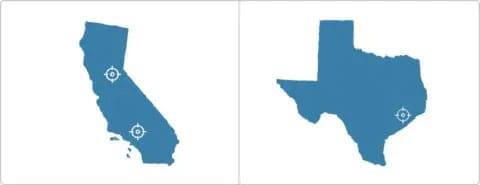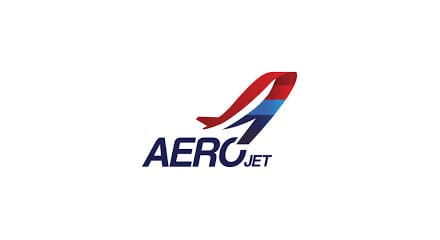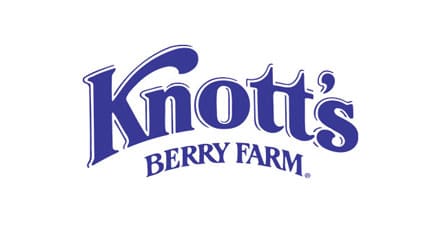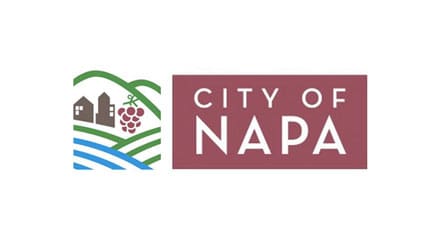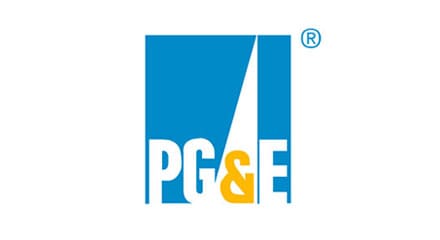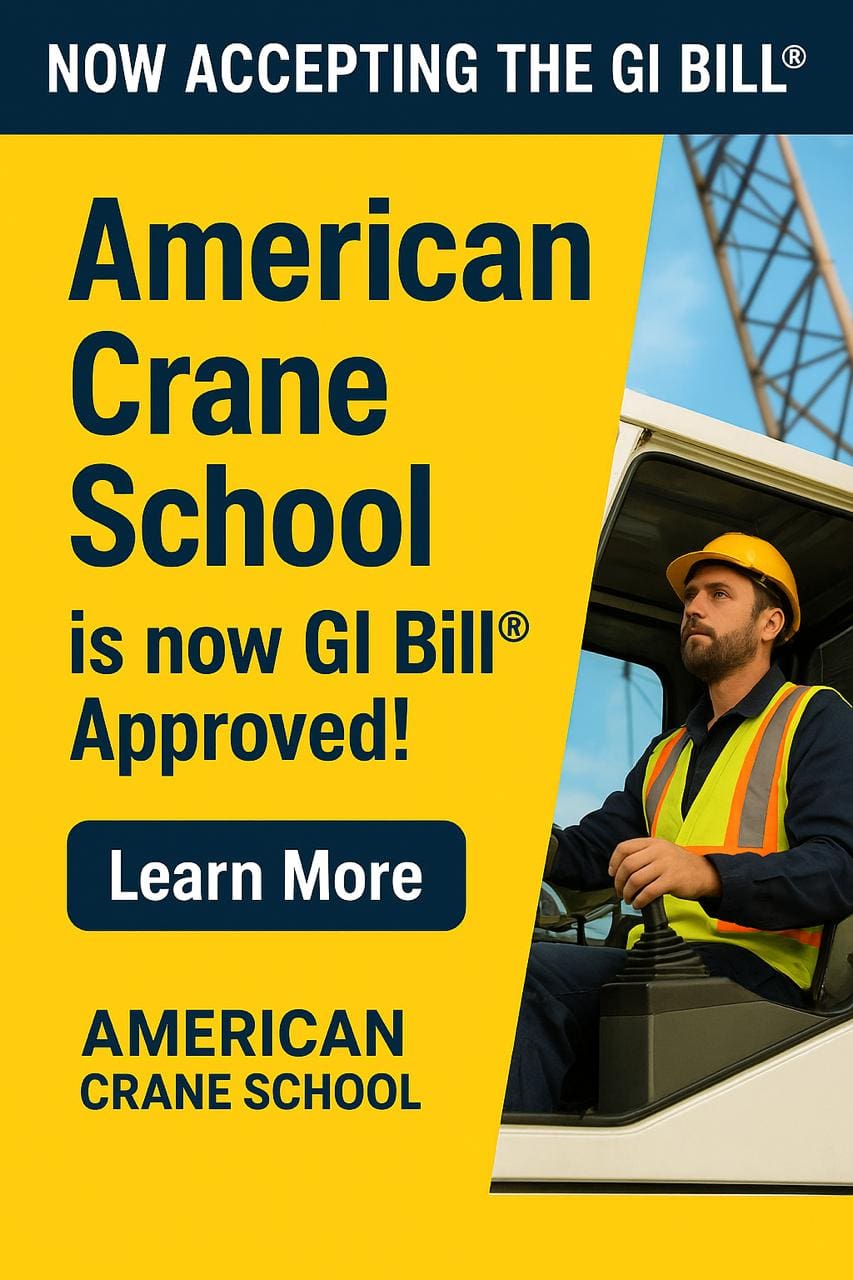Massachusetts
Hoisting engineer license applicants must be 18 years old, complete an application, and successfully pass an exam covering all working parts of hoisting machinery, safe operating practices, hand signals, and inspection procedures. Licenses must be renewed every 2 years.
License Exemptions
(e) A public utility company that operates self-propelled truck-mounted cranes, derricks and similar hoisting equipment for the maintenance and construction of the company’s equipment shall be exempt from this section if the company has:
- (i) at least 1 supervisory employee who holds a license issued by the division of occupational licensure pursuant to this section and who is designated as the responsible person in charge of the hoisting equipment; and
- (ii) a company provides in-service training program for its employees. This exemption shall only apply if the in-service training program for employees has been approved by the division of occupational licensure. The in-service training program may be audited by the division of occupational licensure. The public utility company shall issue a company license to each trained and certified employee. The license shall contain a picture of the licensee, a list of the specific hoisting equipment that the licensee has been qualified to operate and the signature of the supervisory employee who holds a division of occupational licensure license. The commissioner may adopt rules and regulations to permit operation of additional types of equipment for which employees of exempt public utility companies have been trained and certified in an approved in-service training program.
(f) Any other company that has cranes, derricks and similar hoisting equipment operated only upon public utility company property or equipment shall be exempt from this section if:
- (i) the company has met the requirements set forth in clauses (i) and (ii) of subsection (e);
- (ii) the company’s employees have obtained a company license from an approved in-service training program of the public utility company for which they are performing work; or
- (iii) the company’s employees are working at the direction of the public utility company and performing work associated with service restoration in connection with a weather or other emergency causing damage to property or equipment. The public utility company shall provide written or electronic notification to the commissioner prior to the commencement of such work.
(g) Any other company that operates hoisting equipment specifically limited to industrial lift trucks, forklifts, overhead cranes and other hoisting equipment, specifically authorized by the division of occupational licensure and used exclusively on company property shall be exempt from this section if the company has met the requirements of clauses (i) and (ii) of subsection (e) and at least 1 supervisory employee is on site at all times of operation and the supervisory employee holds a license issued by the division of occupational licensure under this section and is designated as the responsible person in charge of hoisting equipment during that period of operation.
Crane Law Articles
Compliance Directive for Cranes and Derricks in Construction
"This instruction provides guidelines for enforcement procedures and inspection guidance conducted for equipment covered by Subpart CC." The "Compliance Directive" is a condensed version of Osha's Final Rule that includes supplemental diagrams to help readers...
State Crane Operator Certification Requirements
For most of the 21st century, crane operator certification did not exist. Companies would purchase cranes, train their operators, and that was it. During that time, the crane industry experienced a large number of accidents resulting in injuries and deaths. In 1971,...
Certification vs Qualification
Crane training and crane operator certification are perhaps the most important contributors to crane safety in the construction industry. Not only is choosing the right crane training provider necessary for safe crane operation, there is no substitute for crane...
OSHA – All States
Ready to Enroll?
Give us a Ring!
State Crane Laws & Licensing Requirements
Alabama
Alaska
Arizona
Arkansas
California
Colorado
Connecticut
Delaware
Florida
Georgia
Massachusetts
Michigan
Minnesota
Mississippi
Missouri
Montana
Nebraska
Nevada
New Hampshire
New Jersey
New Mexico
New York (NYC)
North Carolina
North Dakota
Ohio
Oklahoma
Oregon
Pennsylvania
Rhode Island
South Carolina
South Dakota
Tennessee
Texas
Utah
Vermont
Virginia
Washington
West Virginia
Wisconsin
Wyoming
States that issue a state license for crane operators
States that issue a state certification for crane operators
States that do not issue, but require NCCCO certification
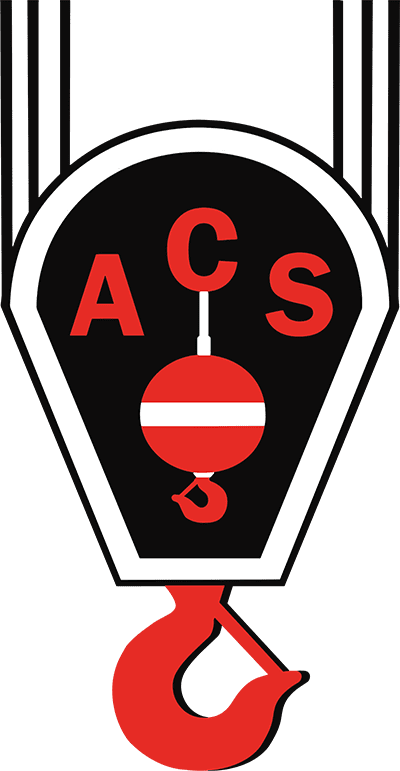
 We guarantee that you will pass your NCCCO Certification Written Exams or our class is FREE until you do.
We guarantee that you will pass your NCCCO Certification Written Exams or our class is FREE until you do.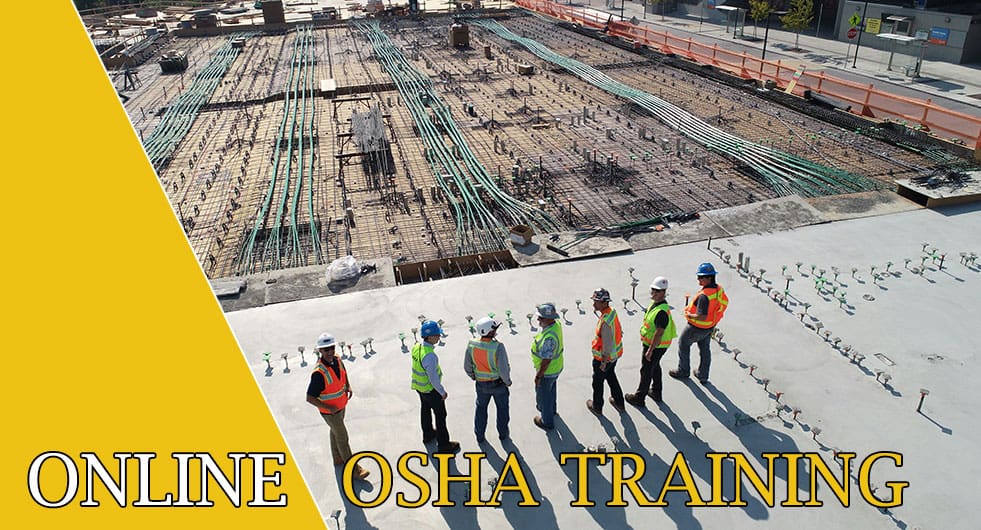

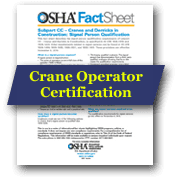
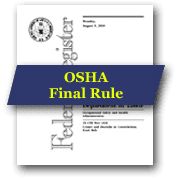
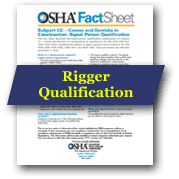
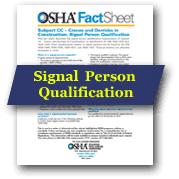
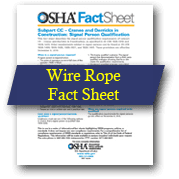
 Industry Pioneer 20+ Years
Industry Pioneer 20+ Years Dedicated Team of Professionals
Dedicated Team of Professionals Classes Monthly & Year-Round
Classes Monthly & Year-Round